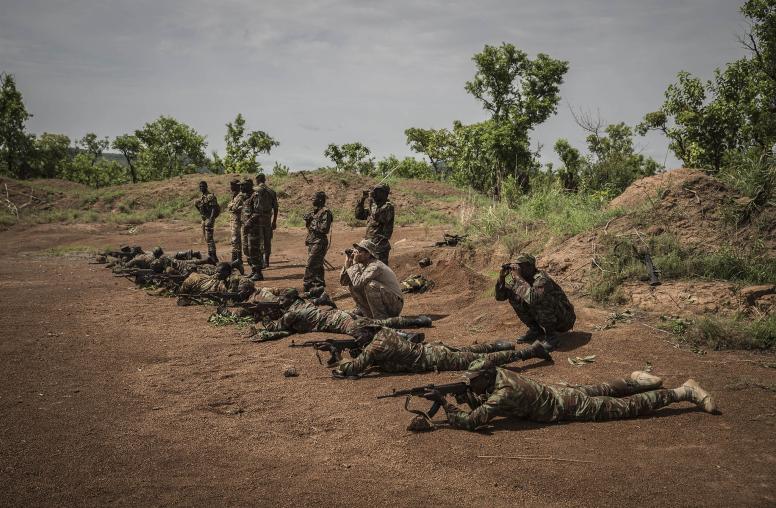Media and Arts for Peace: Micro-Course
This micro-course identifies the importance of media and arts for peace, the critical role of creativity and storytelling, and how media and arts are utilized in post-conflict environments.

Course Overview & Key Objectives
Media and the Arts for Peace is an online, self-paced course that explores the impact of mainstream media, digital/social media, and the arts – live art, street art, music, dance, film, theater, etc. – on peace. Participants learn how these various media have been engaged to enrich public discourse, highlight civic responsibility and social justice, and tell the stories behind every conflict – stories that can be used to either dehumanize or humanize a conflict and the people behind it.
By the end of this micro-course, participants will be able to achieve the following objectives:
- Describe how media and the arts contribute to peacebuilding;
- Consider the impact media and the arts have on the individual and how that may influence peacebuilding;
- Identify the role media and the arts have in fostering a culture of peace; and
- Describe the role of media and the arts have in post-conflict societies.
Overview Video
Click on the video below for an overview of the course.
If you cannot view the video, click here.
Agenda
Section 1 - Introduction
Introduces the importance of media and arts for peace through real-world stories and asks the learner to reflect on their prior knowledge.
Section 2 - Pillars
Discusses a variety of conceptualizations of how to use media and arts as tools for peace.
Section 3 - Tools
Explores a variety of tools to use media and arts for peace including communication, storytelling, participatory art and music.
Section 4 - Application
Provides learners an opportunity to practice using media and arts in peacebuilding work.
Section 5 - Conclusion
Provides a space for self-reflection and tests retention while earning a certificate.
Instructors and Guest Experts
Instructor
- Honey Al Sayed, Co-Founder, Media and Arts for Peace, LLC
Guest Experts
- Dr. Cynthia Cohen, Director of the Program in Peacebuilding and the Arts, Brandeis University
- Dr. James Gordon, Founder and Executive Director, Center for Mind-Body Medicine
- Rama Mani, Peace and Security Specialist, Poet and Performance Artist
- Dr. Lisa Schirch, Senior Research Fellow, Toda Peace Institute



